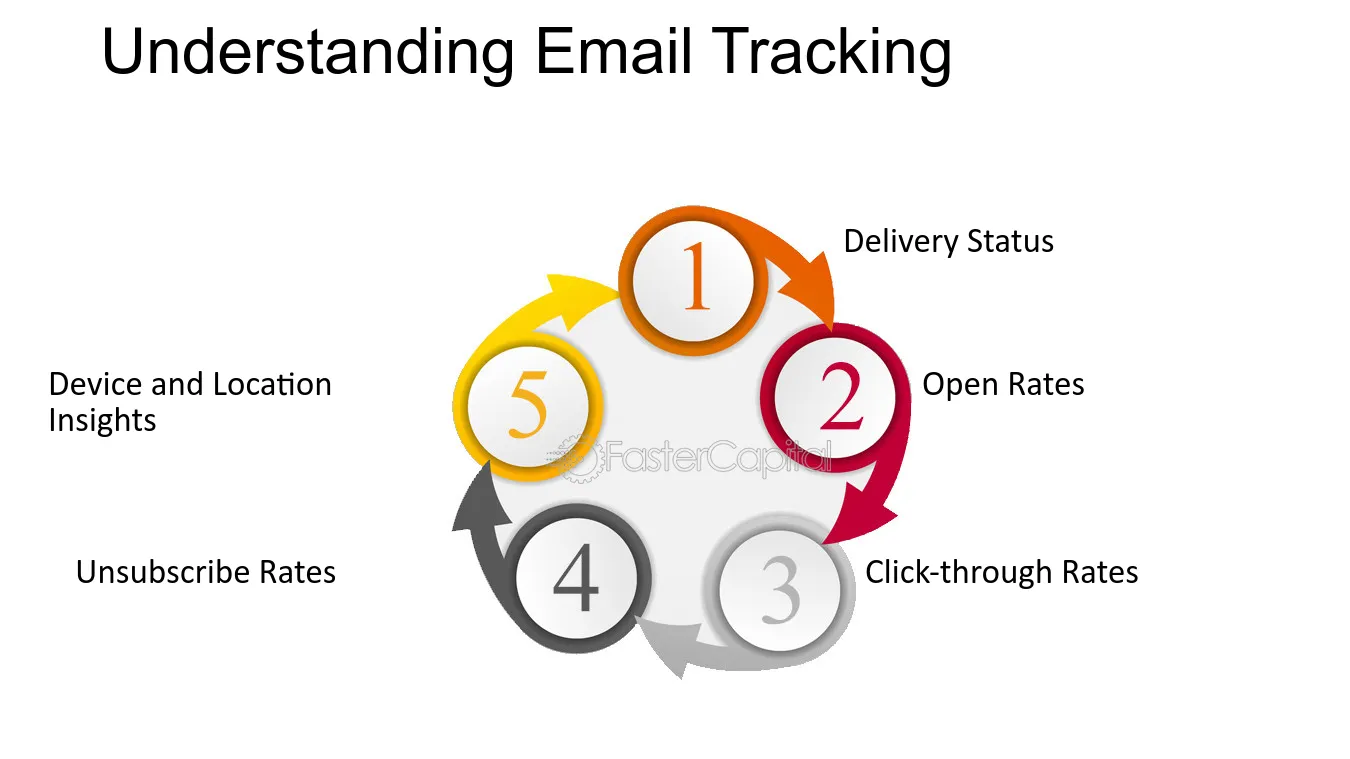Table of Contents
Introduction
In the modern digital age, where communication is predominantly conducted through electronic means, Email Tracker remains a cornerstone of professional and personal interactions. However, the process of sending an email often feels like dispatching a message into the vast unknown, with no assurance of when or if it will be received and opened by the intended recipient. This uncertainty has spurred the development of email tracking technology, a powerful tool that provides insights into the fate of our electronic missives. In this comprehensive exploration, we delve into the intricacies of email tracking, its functionalities, implications, and broader impact on communication and productivity in the contemporary world.
Understanding Email Tracker

Functionality and Mechanics: At its core, email tracking operates by embedding a minuscule, invisible image (commonly known as a pixel) within the body of an email. When the recipient opens the email, the image is fetched from the sender’s server, thereby signalling that the email has been accessed. Moreover, email tracking software can furnish additional details such as the time and location of the email’s opening, as well as the type of device used by the recipient.
Use Cases and Applications: The versatility of email tracking is reflected in its myriad applications across diverse domains. Businesses leverage email tracking to assess the effectiveness of their marketing campaigns, monitor customer engagement metrics, and track the progress of sales leads. Similarly, individuals utilise email tracking to ensure timely follow-ups, gauge the interest level of prospective employers, or simply confirm receipt of important correspondence.
Implications of Email Tracking

Privacy Concerns: Despite its utility, email tracking engenders significant privacy apprehensions. The covert nature of tracking mechanisms often leaves recipients unaware that their actions are being monitored. This lack of transparency can undermine trust and compromise the integrity of communication, particularly in contexts where confidentiality is paramount.
Ethical Considerations: Beyond privacy concerns, the ethical dimensions of email tracking merit careful examination. Critics argue that the surreptitious monitoring of email interactions without explicit consent infringes upon principles of autonomy and individual agency. Moreover, the data gleaned through email tracking may be susceptible to misuse, prompting calls for enhanced accountability and regulatory oversight.
Maximising the Benefits of Email Tracker

Transparency and Consent: To address privacy and ethical concerns, proponents of email tracking advocate for transparency and explicit consent. Senders are encouraged to disclose the use of tracking technology upfront and provide recipients with the option to opt-out if they so desire. By fostering a culture of transparency and respecting individual autonomy, organisations can mitigate the adverse repercussions of email tracking.
Data Security and Compliance: In an era characterised by heightened awareness of data privacy and security, organisations must prioritise the protection of sensitive information collected through Email tracker. Implementing robust encryption protocols, employing data anonymization techniques, and ensuring compliance with regulatory frameworks such as the General Data Protection Regulation (GDPR) are imperative steps towards safeguarding against data breaches and mitigating legal liabilities.
The Future of Email Tracking

Advancements in Technology: As technological advancements continue unabated, the capabilities of email tracking software are poised for further enhancement. Predictive analytics, machine learning algorithms, and artificial intelligence hold the promise of revolutionising how we interpret and leverage email tracking data. By harnessing the potential of these emerging technologies, organisations can derive deeper insights into customer behaviour, enhance personalization strategies, and optimise communication channels.
Balancing Innovation with Responsibility: While the future of email tracking appears promising, it is essential to strike a delicate balance between innovation and responsibility. As we embrace novel technologies and capabilities, we must remain cognizant of the ethical implications and societal ramifications of our actions. By upholding ethical standards, respecting privacy rights, and prioritising the interests of all stakeholders, we can ensure that email tracking continues to be a force for positive change in the digital landscape.
Conclusion
In conclusion, email tracking represents a double-edged sword in the realm of digital communication. On one hand, it offers valuable insights and analytics that can bolster productivity and inform decision-making processes. On the other hand, it raises profound questions about privacy, ethics, and the nature of interpersonal communication in the digital age. As we navigate this complex terrain, it behoves us to approach email tracking with transparency, integrity, and a steadfast commitment to ethical conduct. By doing so, we can harness the power of email tracking to foster meaningful connections, drive innovation, and shape a future where communication is both effective and ethical.
For More Information Please Visit These Websites Viprow And Vecteezy


No Comments
I like this website very much, Its a really nice office to read and receive info .